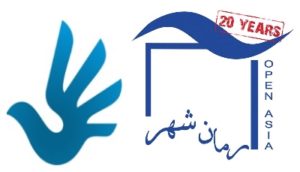Armanshahr Foundation/OPEN ASIA, in collaboration with French Institute Afghanistan (IFA), organised several programmes to mark its 20th birthday during the Human Rights Week (4-7 2016), in Goharshad University and the IFA premises, where several progressive personalities of Afghanistan addressed the meetings. This year was the 4th successive year that Armanshahr and IFA were organising the Human Rights Week.
With an eye on the global problem of war and migration, Armanshahr Foundation had focused the programmes of its Human Rights Week on the rights of the child, war-afflicted and abandoned children across the world, with particular attention to the conditions of children in Afghanistan. Children constitute the largest number of proportion of refugees worldwide. In the past few years, international human rights organisations have consistently warned that millions of children fleeing wars are stranded worldwide.
A three-day educational workshop was organised around this theme in Goharshad University, where 35 students, human rights and civil society activists took part. Messrs Hossein Nosrat (in charge of the Rights of the Child section in UNAMA) and Mohammad Hossein Hasrat (researcher and writer of the UNICEF report on children) were instructors of the workshop. Participants took part in sessions dealing with the Convention on the Rights of the Child, rights of the child in Afghanistan’s laws, the Optional Protocol to the Convention on recruitment of children in armed conflicts, the Optional Protocol to the Convention on the Rights of the Child on the involvement of children in armed conflict, impact of the conflict on children, children and armed conflicts (domestic and international law), child soldiers, forced marriage of children and education.
A public dialogue conference was organised in Goharshad University on 6 December with the title of “Mobilisation of cultural-social resources to protect abandoned children”. The meeting aimed at to bring together individuals and institutions dedicated to and involved in the field of the rights of the war-afflicted and migrant children in order to draw the attention of the government and the authorities to the plight of these children in their policies.
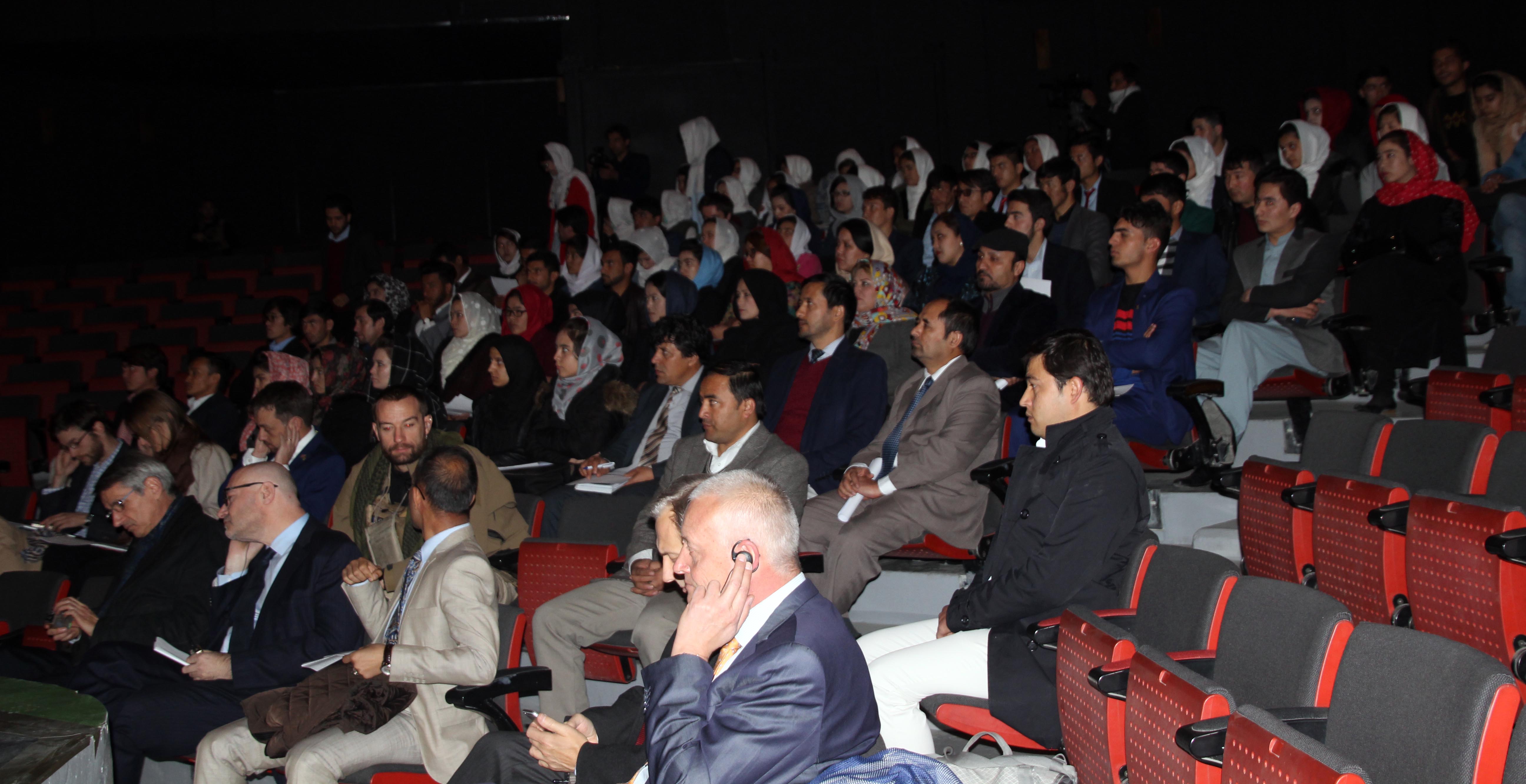
The first speaker was Mr. Ghassem Erfani, a Goharshad University professor, who discussed ways of mobilising various resources to protect children in Afghanistan. Mr. Mohammad Khan Daneshju, general director of the union of Afghanistan youth, was the second speaker, who discussed the role of education in raising a healthy generation of children. Ms. Zakia Mirzaei, director of Tak Publishing House, spoke about the mission of private publishers in the field of children’s literature and the reasons for the lack of attention to the issue. Moderator of the meeting was Mr. Atiq Arvand, author of the book “A section of common people; women and the tradition of incantation writing.” More than 100 university students and officials participated at the meeting.
A one-day conference was also organised by Armanshahr, in collaboration with IFA at the Institute’s premises, on 7 December. The topic of the conference was “Children of War, Refugees and Returnees,” which consisted of two panels. Before the meeting, the film “Simorgh Peace Prize” was screened. The film has been produced by Armanshahr’s Publishing Department and is a review of four editions of the prize awarded at the heart of Asia.
Mr. Franz-Michael Mellbin, EU special representative and head of EU delegation in Afghanistan, and Mr. Philippe Merlin, charge d’affaires of the French Embassy in Kabul, made the opening speeches. Subsequently, the documentary film “Water” was screened. The film won the best short feature film prize in the 4th International Women’s Film Festival-Herat (2016) and is directed by Jalal Rohani. The 14-minute Persian-language film produced in Afghanistan addresses the issue of children and the lack of access of Afghanistan’s working children to education.

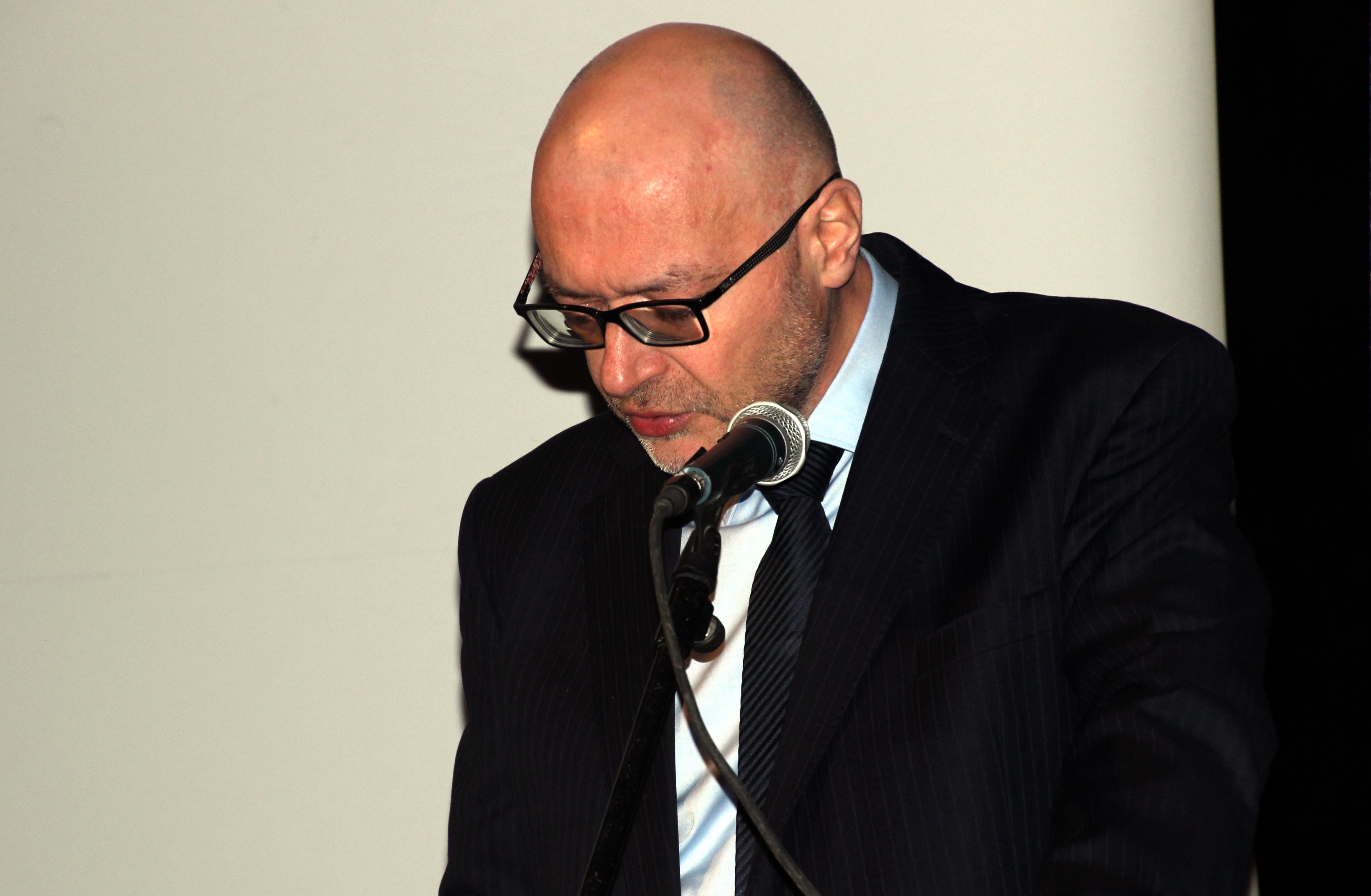
Mr Ehsan Qaneh, a human rights defender, was the moderator of the first panel, “Children affected by war”, which had three speakers. Mr. Aziz Royesh, principal of Marefat High School, spoke about the absence of an educational system and the growth of Islamic madrasas. Mr. Zabih Jawad, representative of the Women & Children Legal Research Foundation (WCLRF), discussed the lost rights of children in conflicts. Mr. Sadiq Syed, an adviser to the UN Women, delivered his speech with the title ofg “How does gender determine deprivation of rights?”
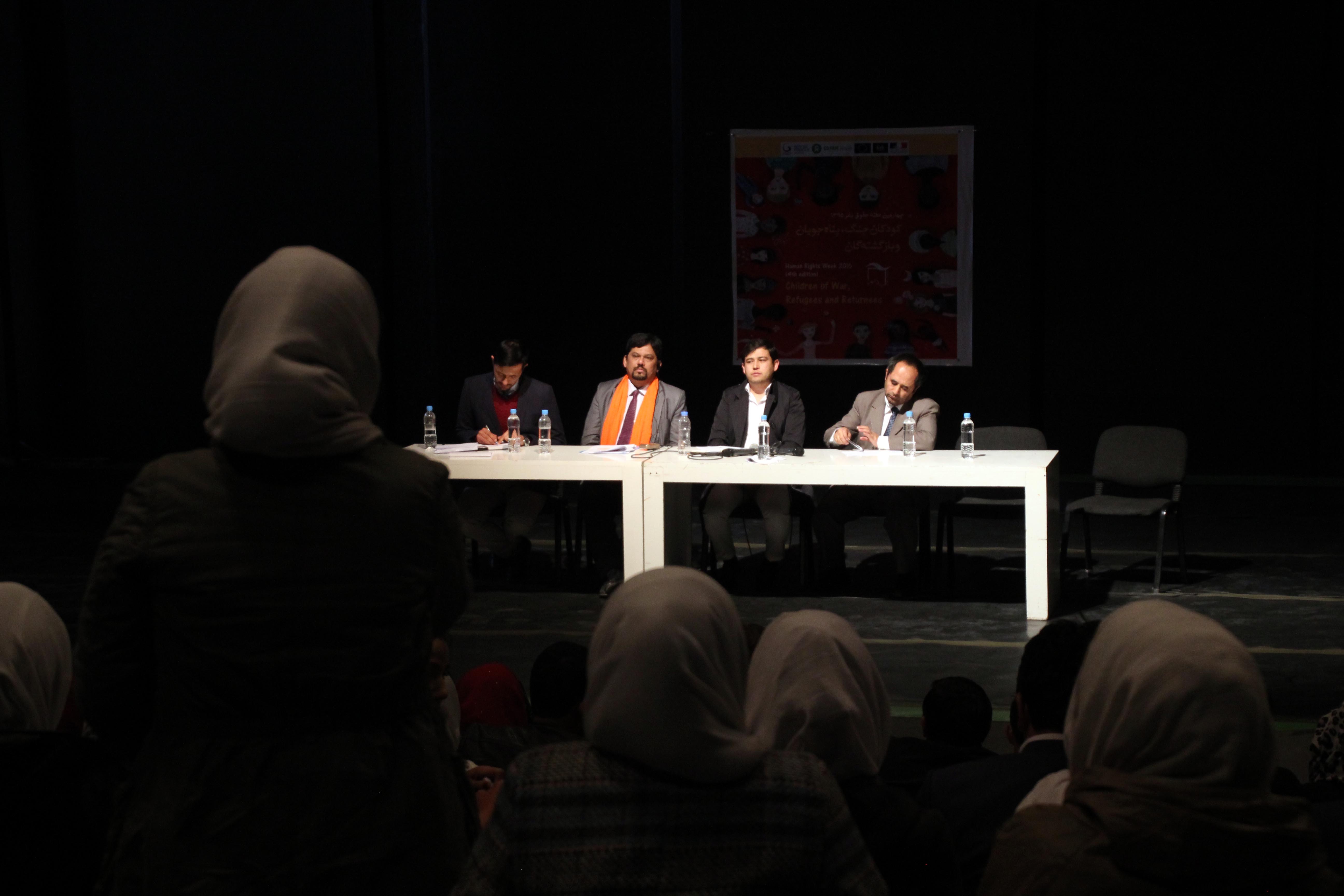
The title of the second panel was: “Education and culture, have the children gone missing?” Mr. Roohalamin Amini, deputy director of Armanshahr, was its moderator. There were also three speakers in the second panel. Member of Parliament Mr. Mohammad Abdoho spoke about international conventions and Afghanistan’s laws protecting rights of children. Ustad Rahnaward Zariyab, scholar and writer, addressed the absence of children’s literature and discussed an important question: how do war-affected children heal? The last speaker was Mr. Yassin Negah, poet, writer and civil activist, whose speech was focused on the status of children in Afghanistan’s media.
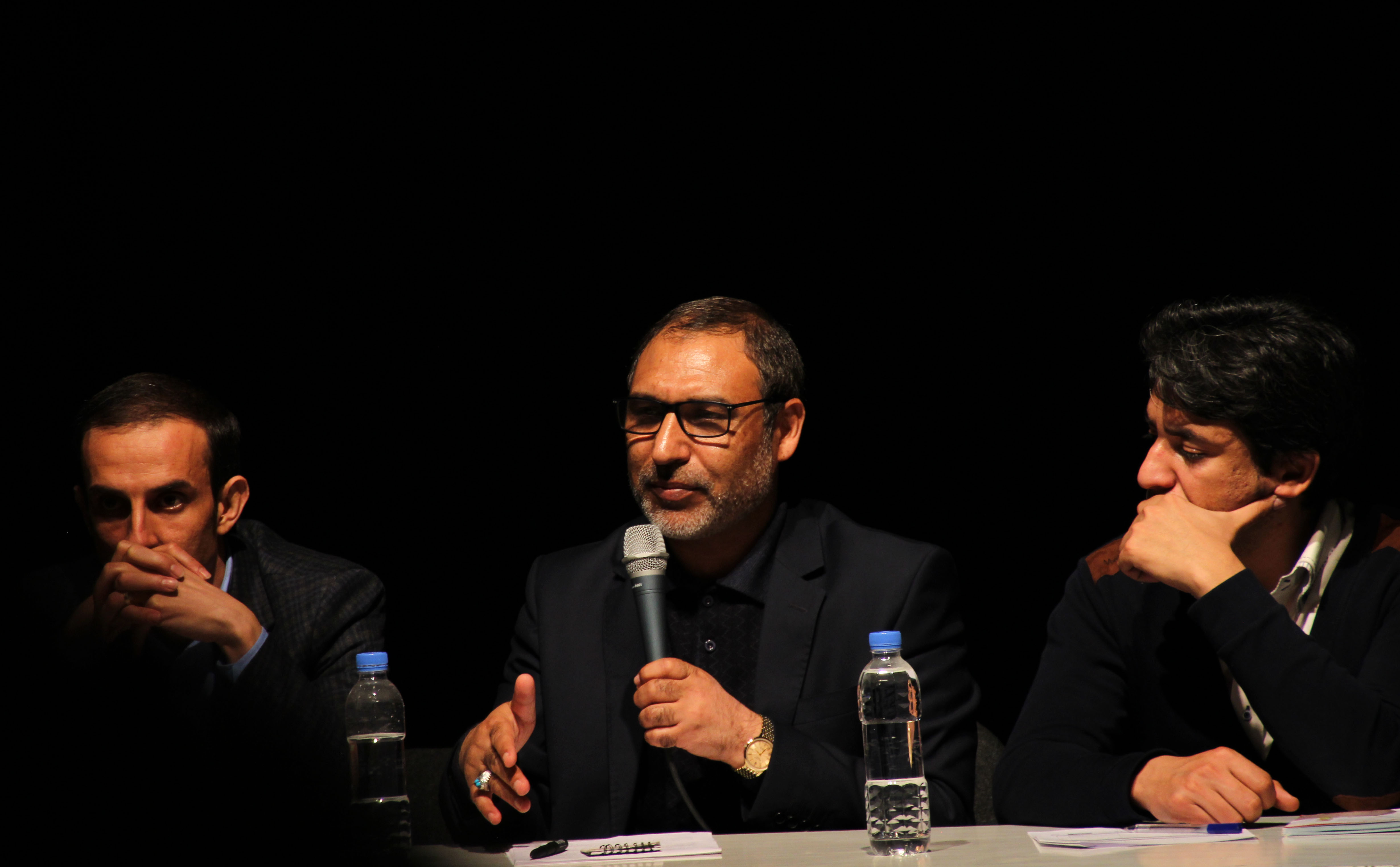
Both panels were followed by questions and comments put forward by the participants.

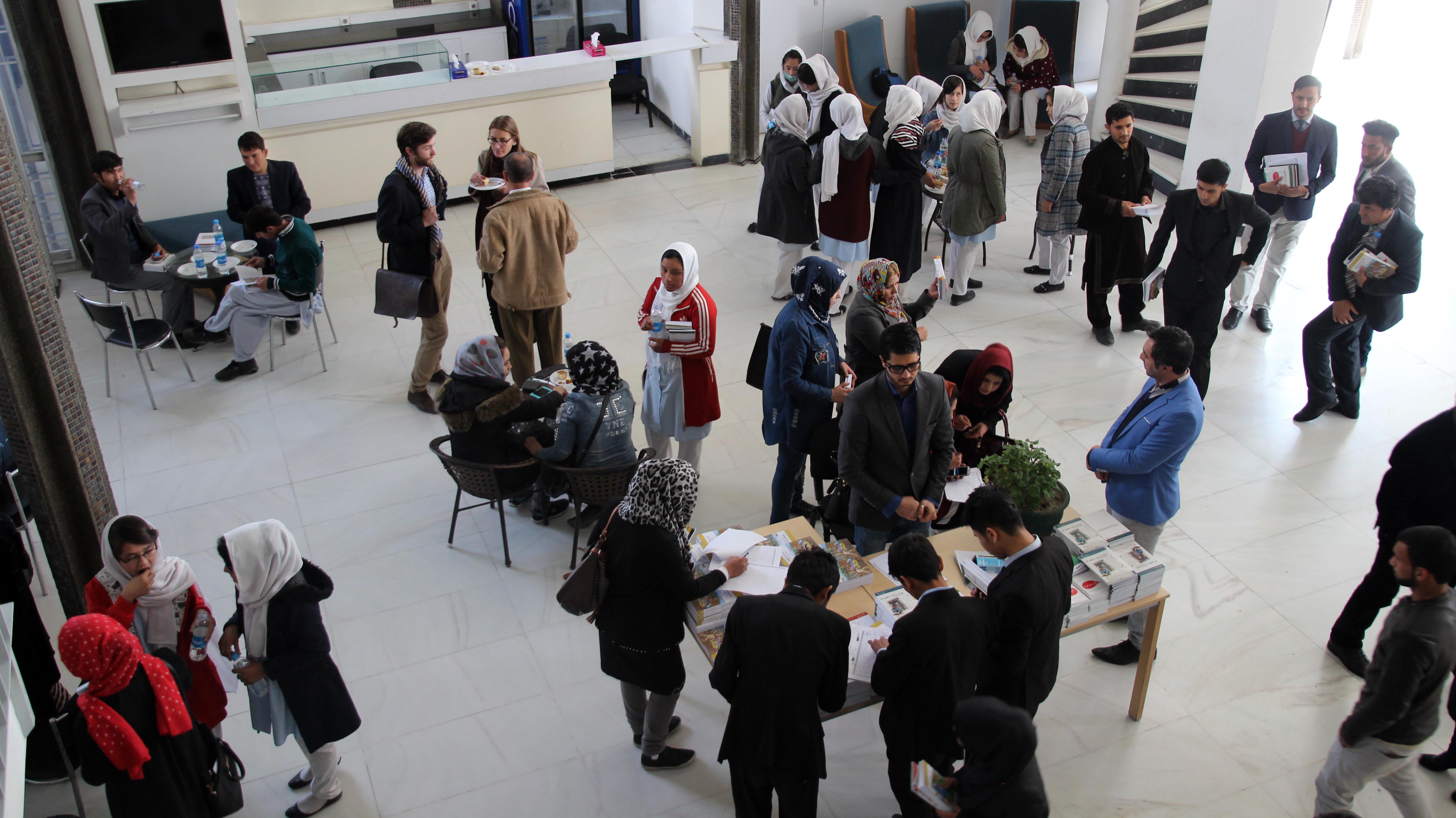
On the side-lines of the speeches and panels, the new books published by Armanshahr were made available to the participants: “The Emperor’s new suit and 44 other tales”, “The Little Prince” and “Pocketbook of children’s rights”. The latter book is a summary of the United Nations Convention on the Rights of the Child aimed at making children familiar with their rights under the convention. A number of other previously published books of Armanshahr were also distributed at the conference.
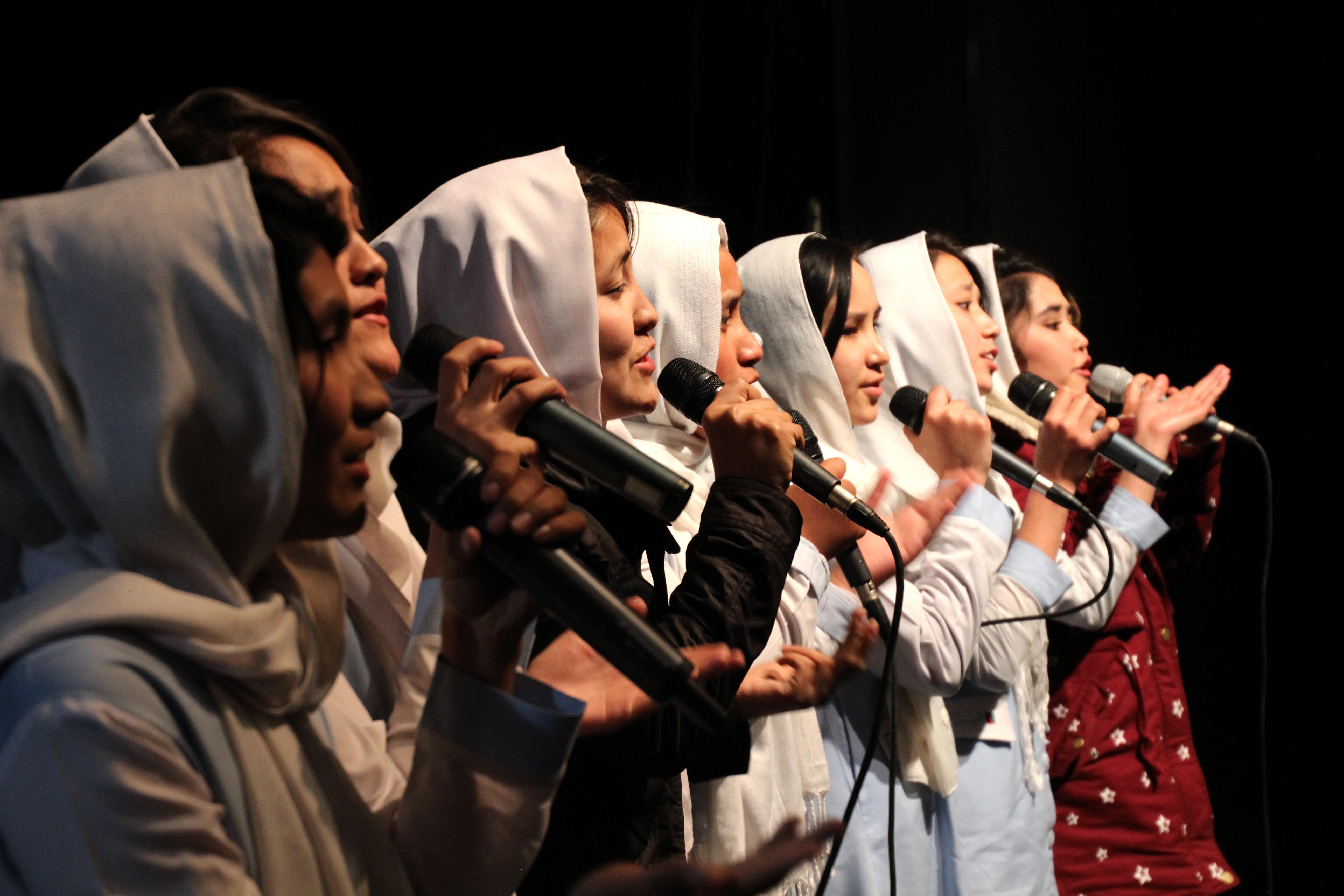
Another side-event of the conference was the performance of two songs by the choir of Marefat girls’ High School in solidarity with children worldwide.

